Simplifying Life Insurance in India
12 Developmental Milestones of a 21 Month Old Baby

At 21 months old, milestones are rapidly growing, and each day, the child develops new skills. From improved physical coordination to better language abilities, every single one of those periods' development is fun. You will see them getting over milestones, becoming more self-sufficient, and trying out practical experiences.
It is an important period for their mental and emotional development; these accomplishments reflect their identity. So, let’s explore this article to learn more about what milestones a 21 month old infant should achieve.

Table of Contents

What Most Babies Do by 21 Months?
By 21 months, most babies can do and engage in many skills and behaviour patterns. By this age, they can easily stand independently and walk, often running and climbing. Many children frequently begin to talk using simple phrases and find new words.
At the same time, the coverage of emotions also improves; children may feel various emotions. They would begin to try being able to choose things, such as which toys or which activities to do. There would also be many infants who would grade simple instructions. This period of age is a beautiful period of development and movement.
21 Month Milestones & Development Checklist
1. Movement Milestones For a 21 Month Old Baby
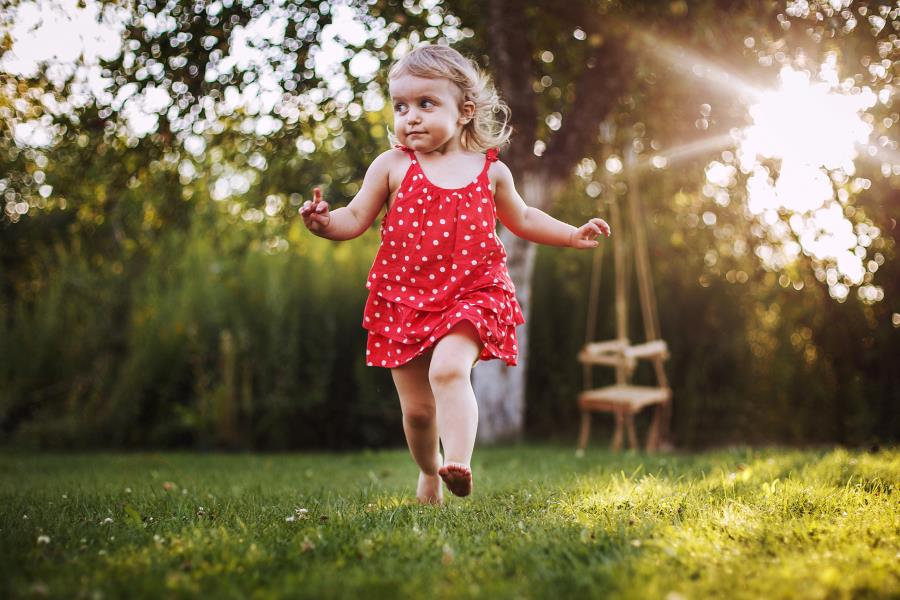
Movement Milestones for a 21 month old:
- Dancing to Music: Toddlers often enjoy moving to music, showing an interest in rhythm and movement. Dancing is a fun way to enhance coordination and physical fitness.
- Walking Up and Down Stairs: They may start to navigate stairs with assistance, either by crawling or holding onto a railing.
- Improved Fine Motor Skills: Children can stack blocks or manipulate small toys, which enhances hand-eye coordination and dexterity.
- Running Short Distances: Many toddlers begin to run, although they may still be unsteady. This newfound speed encourages exploration and active play.
- Jumping in Place: Some may start to jump in place, which helps develop leg strength and coordination.
2. Visual and Hearing Milestones For a 21 Month Old Baby
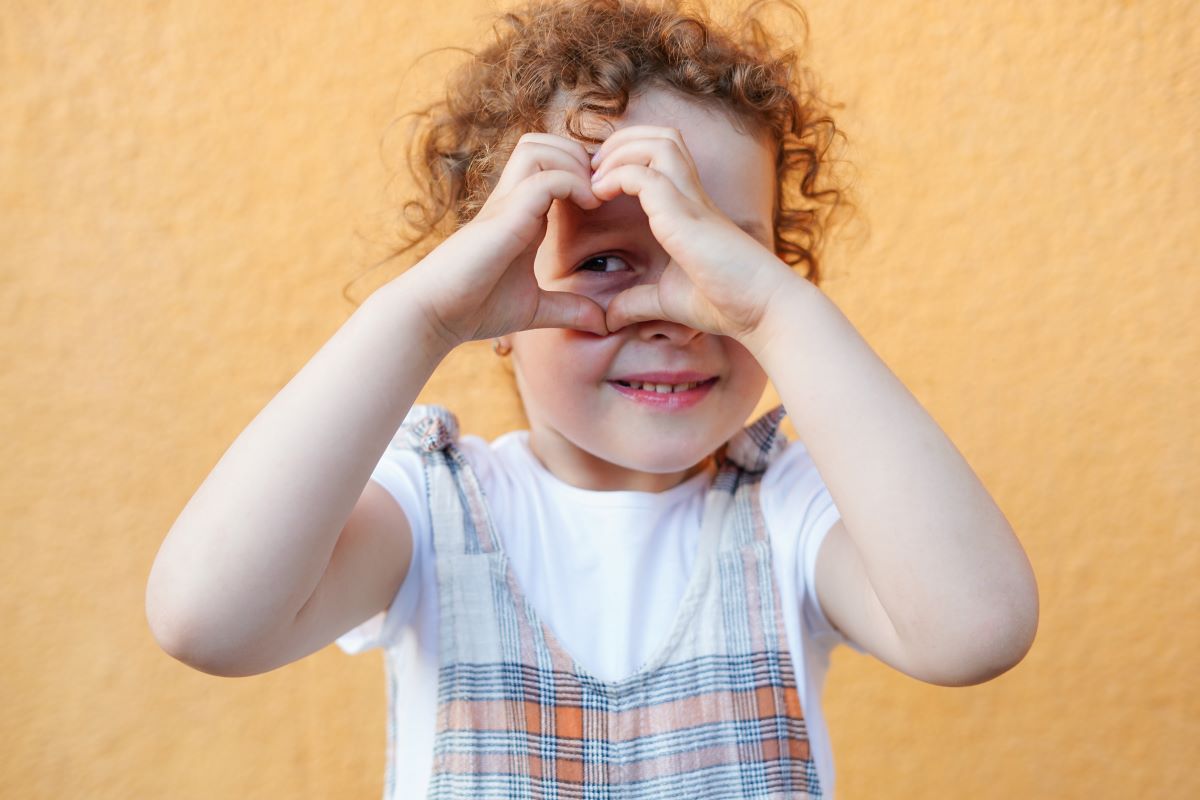
Visual Milestones:
At 21 months, they have developed other abilities, specifically visual ones, such as perceiving movement or concentrating on minimal elements.
- Visual Milestones: Allowing children to grasp orientation in space using imagination and pictures helps them understand what the space around them offers.
- Pointing to Pictures: The ability to point out familiar features to the children when a picture is presented to them.
- Understanding Spatial Relationships: Visual play tends to use basic terms like “in,” “on”, or “under” among children.
- Interest in Detailed Images: They can express interest in small, intricate images on pages or toys and look at them carefully.
Hearing Milestones:
Kids have become conscious of their environment and can comply with simple oral orders. Listening activities are beneficial to their listening skills and interaction.
- Responding to Their Name: Young children display improvement in their auditory memory as they can respond when their name has been called.
- Identifying Sounds: Young children over one year old can begin to recognise some familiar sounds, such as animal sounds, such as a lion's roar or a dog’s bark.
- Enjoying Songs and Rhymes: During the course, the learners also learn that they love melody and especially entertain themselves with songs and French children's songs.
3. Smell and Touch Milestones For a 21 Month Old Baby
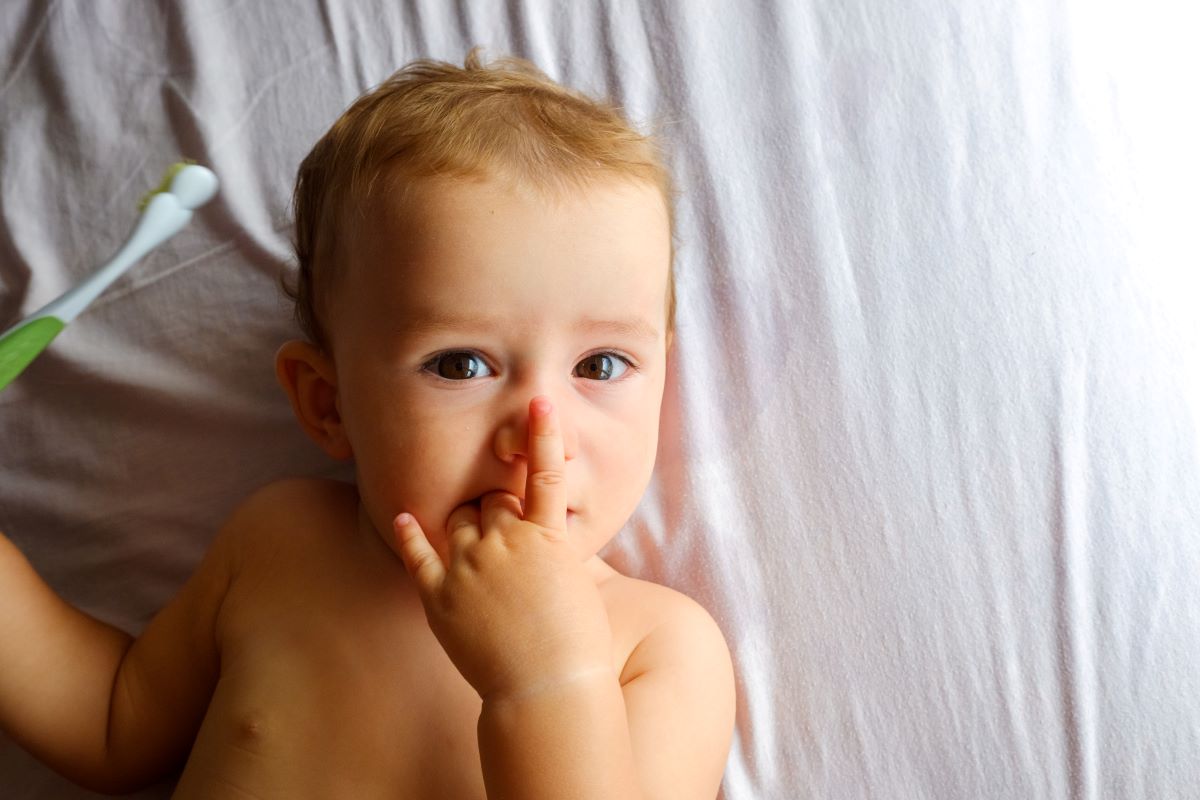
Smell Milestones:
This milestone further boosts their interest levels and sensation. Below is a list of the typical patients’ milestones about smell:
- Imitating Smelling Actions: They play by believing they are sniffing flowers or food just as the adults do.
- Associating Smells with Emotions: Some smells can affect the baby’s moods; for example, a baby may be very happy when cookies are present.
- Seeking Out Pleasant Scents: Some might go looking for certain smells; for instance, they could go into the kitchen when they smell food cooking.
Touch Milestones:
At this age, children's touch abilities continue to refine, boosting curiosity and paving the way for learning about the world and social relationships.
- Refining Touch Skills: Your child’s sense of touch becomes more precise, helping them explore textures like soft, smooth, or rough surfaces.
- Curiosity Through Touch: They reach out more intentionally, using their fingers to poke, press, and stroke objects, building their understanding of shape and texture.
- Recognising Familiar Textures: They begin recognising favourite toys or blankets by feeling. This strengthens memory and comfort.
4. Sleep Milestones For a 21 Month Old Baby

Sleep Milestones for a 21 month old:
- Transitioning to One Nap: Many toddlers shift to a single nap lasting 1-3 hours daily, which helps consolidate their sleep schedule.
- Regular Sleep Schedule: A consistent bedtime and wake-up time supports better sleep quality. Routines promote security and predictability.
- Self-Soothing Techniques: They develop self-soothing habits, like cuddling a favourite blanket or toy. This encourages independence at bedtime.
- Falling Asleep Independently: Some toddlers fall asleep without assistance, indicating growing comfort with their sleep environment.
- Awakening Less Frequently at Night: Many 21 month olds begin to sleep through the night more consistently, reducing nighttime awakenings.
5. Health Milestones For a 21 Month Old Baby
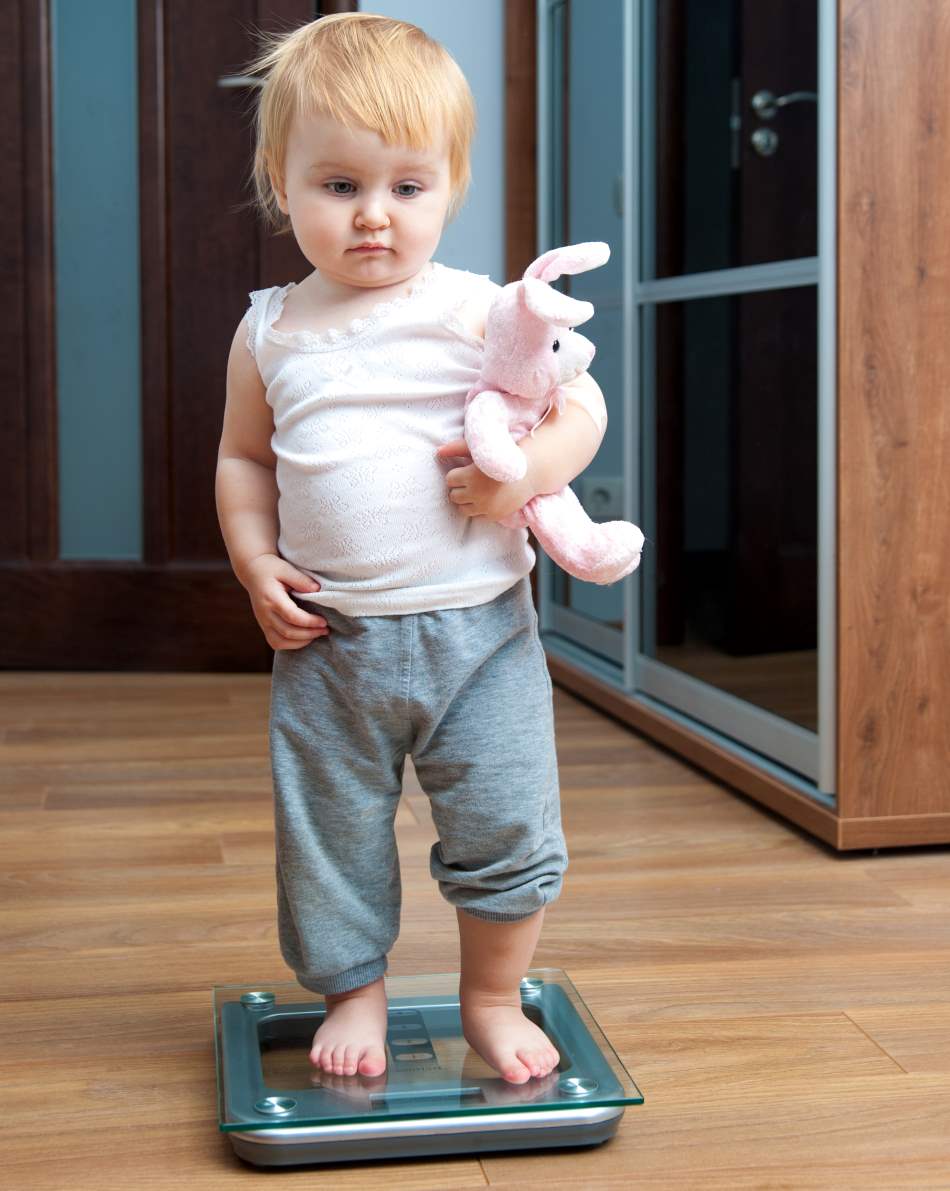
Regular check-ups with a paediatrician can provide further insights into your child's growth patterns.
6. Feeding Milestones for a 21 Month Old Baby
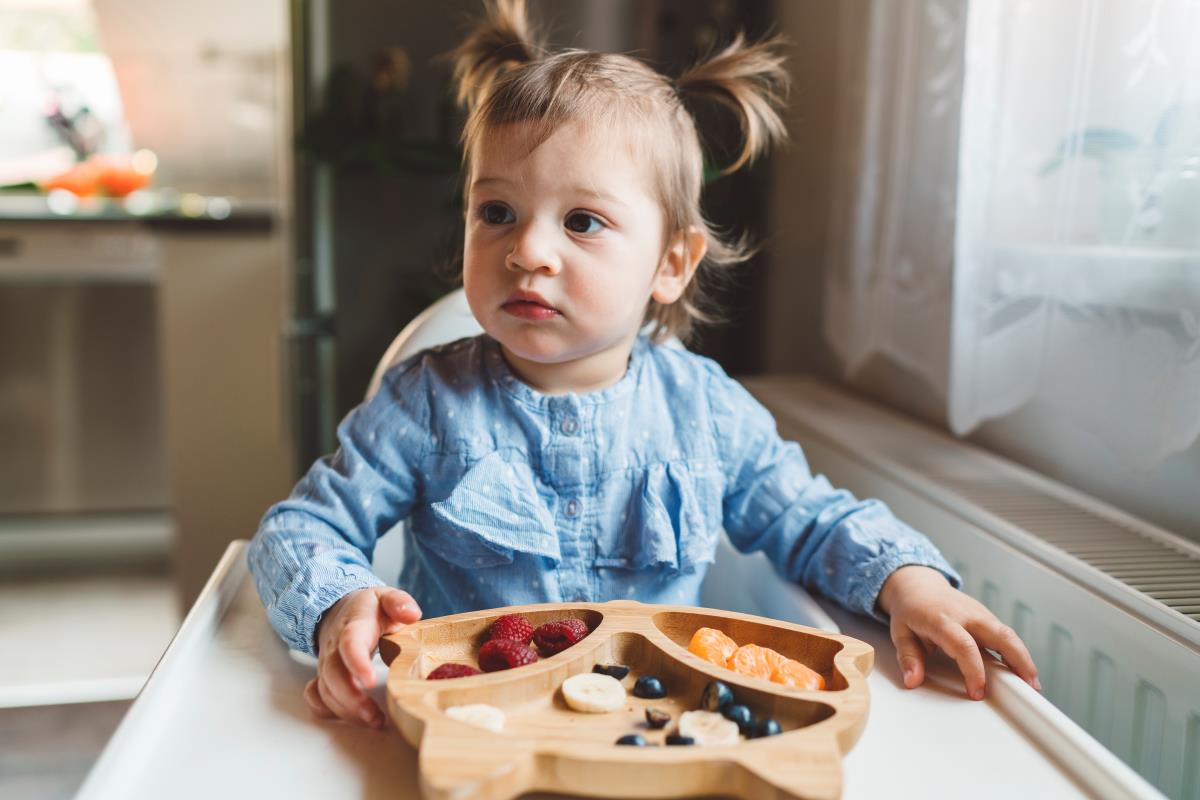
Feeding Milestones for a 21 month old:
- Willingness to Sample Food Variety: Toddlers are usually introduced to a new diet that includes fruits, vegetables, and grains.
- Increased Portion Size: Toddlers also eat large amounts of food as their appetite also increases with age.
- Imitating Eating Behaviours: Children observe the eating habits of grown-ups, and such practical modelling helps in practising healthy eating habits.
- Understanding Meal Times: Toddlers start to understand the concept of meals and even look forward to using them.
- Awareness of Hydration: Hydration is a basic requirement that children can grasp when requesting drinks.
7. Schedule and Routine Milestones For a 21 Month Old Baby

Here is the following schedule and routine for a 21 month old :
8. Cognitive Milestones For a 21 Month Old Baby
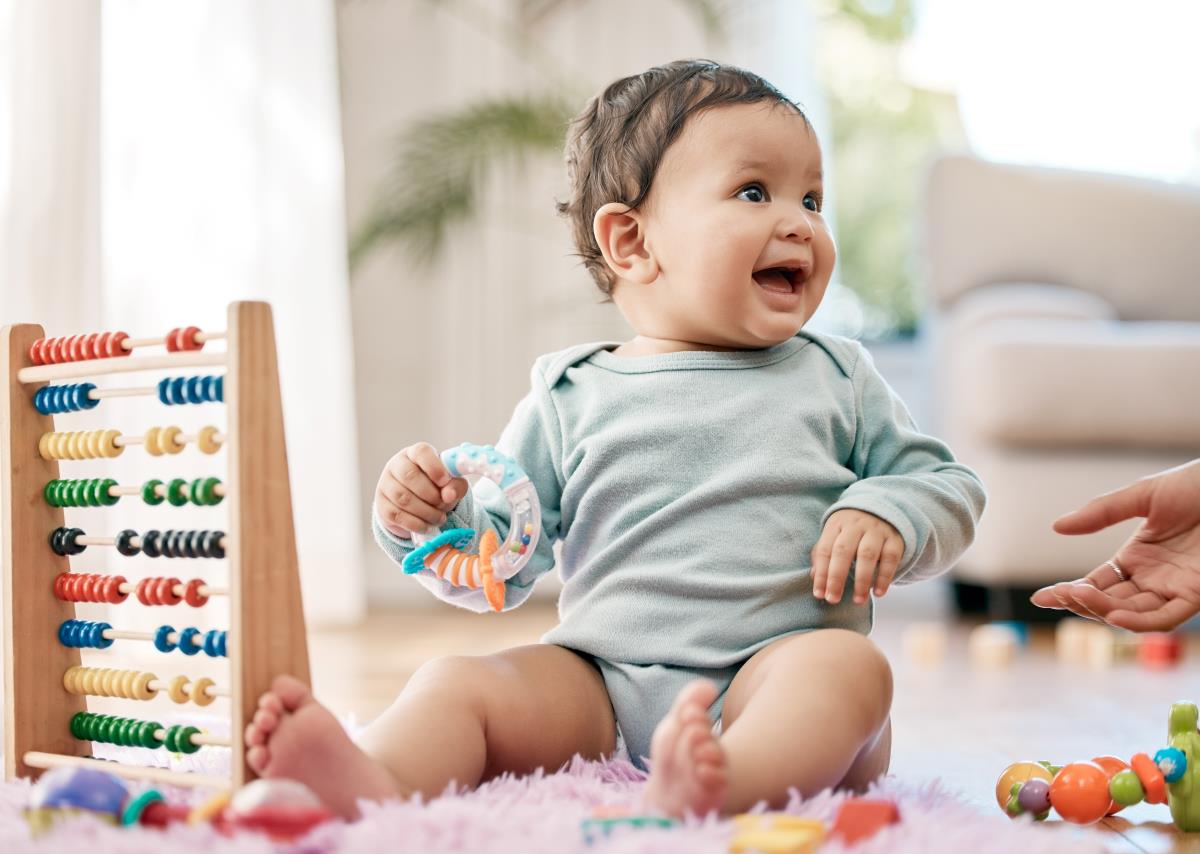
Here are key cognitive milestones for a 21 month old:
- Simple Problem Solving: Children must figure out how to fit shapes into a sorter or solve basic puzzles.
- Imitative Play: They often imitate daily activities, like cooking or cleaning, showcasing their understanding of roles.
- Following Simple Directions: They understand and follow basic instructions, such as "Bring me the ball."
- Engaging in Pretend Play: They engage in imaginative play, using toys to create scenarios. This type of play promotes creativity and cognitive development.
9. Social and Emotional Milestones For a 21 Month Old Baby

Social and Emotional Milestones for a 21 month old:
- Emotional Awareness: They start to recognise and respond to the emotions of others, showing empathy by reacting to a friend’s sadness or happiness.
- Sharing Toys: Some toddlers also offer to share toys, demonstrating an understanding of social interactions and the concept of sharing, even if they still struggle with it.
- Self-Help Skills: Toddlers start attempting self-help skills like dressing themselves or brushing their teeth, fostering independence and a sense of accomplishment.
- Self-Identification: Many toddlers start to refer to themselves by their first name or as "I," indicating a growing sense of identity and self-awareness.
10. Languages/Communication Milestones for a 21 Month Old Baby
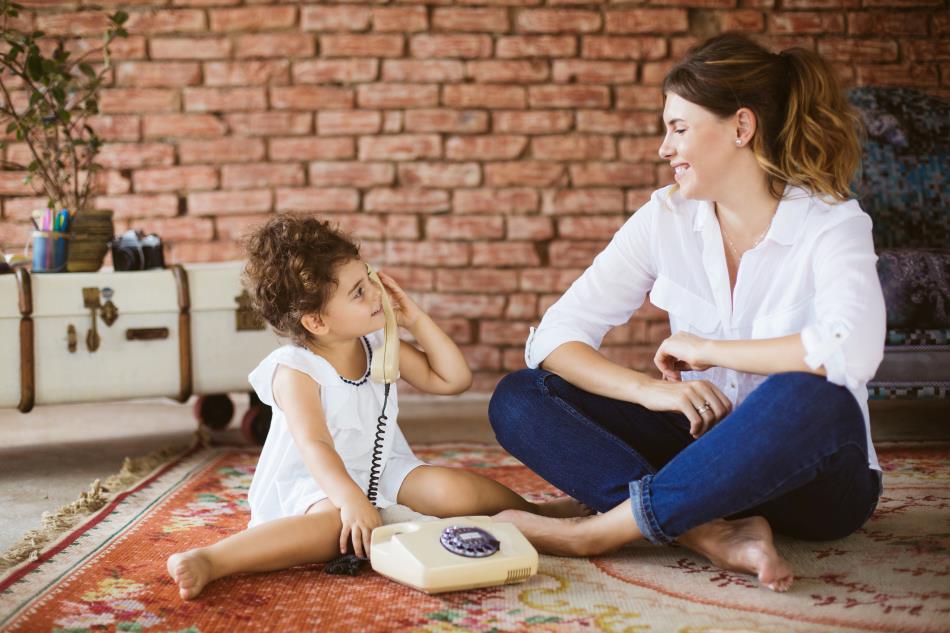
Language and Speech Milestones Development for a 21 month old:
- Expanding Vocabulary: Children can say between 50 and 100 words and add to their vocabulary daily.
- Expressing Needs and Wants: Many children begin to talk and express their feelings and wants, e.g., asking for food or toys.
- Using Nonverbal Communication: They communicate through actions, which include gestures, pointing, and playing with facial expressions.
- Understanding Simple Questions: They can understand simple questions like, “where is your toy?” This enhances interaction and participation in social activities.
- Enjoying Songs and Rhymes: These toddlers love songs, including nursery rhymes, which are essential in language learning.
11. Behavioural Milestones for a 21 Month Old Baby
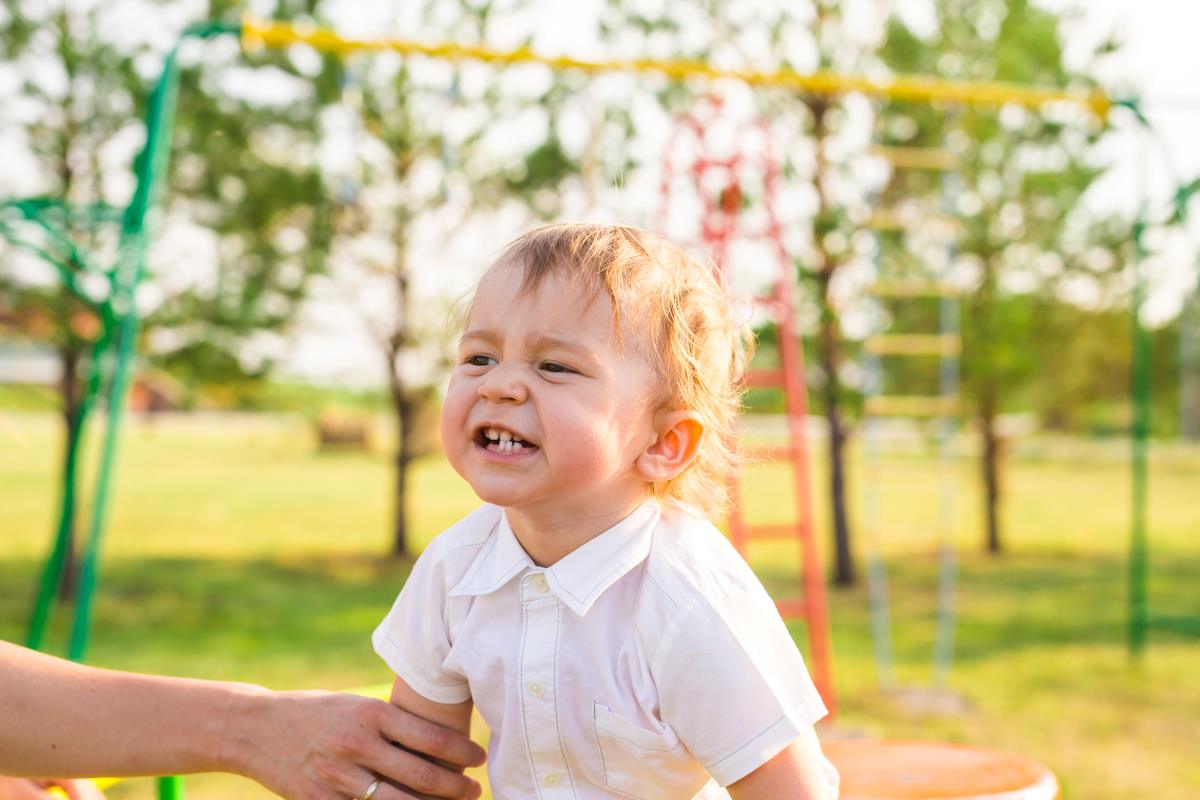
Behaviourial Milestones for a 21 month old:
- Assertive Independence: They want to dress themselves or make choices about snacks. This independence fosters self-confidence and decision-making skills.
- Tantrums: Frustration leads to occasional tantrums, especially when they can’t express their desires.
- Imitating Daily Routines: They enjoy imitating the daily routines of adults, like washing dishes or sweeping. This encourages role-play and social learning.
12. Physical Milestones for a 21 Month Old Baby
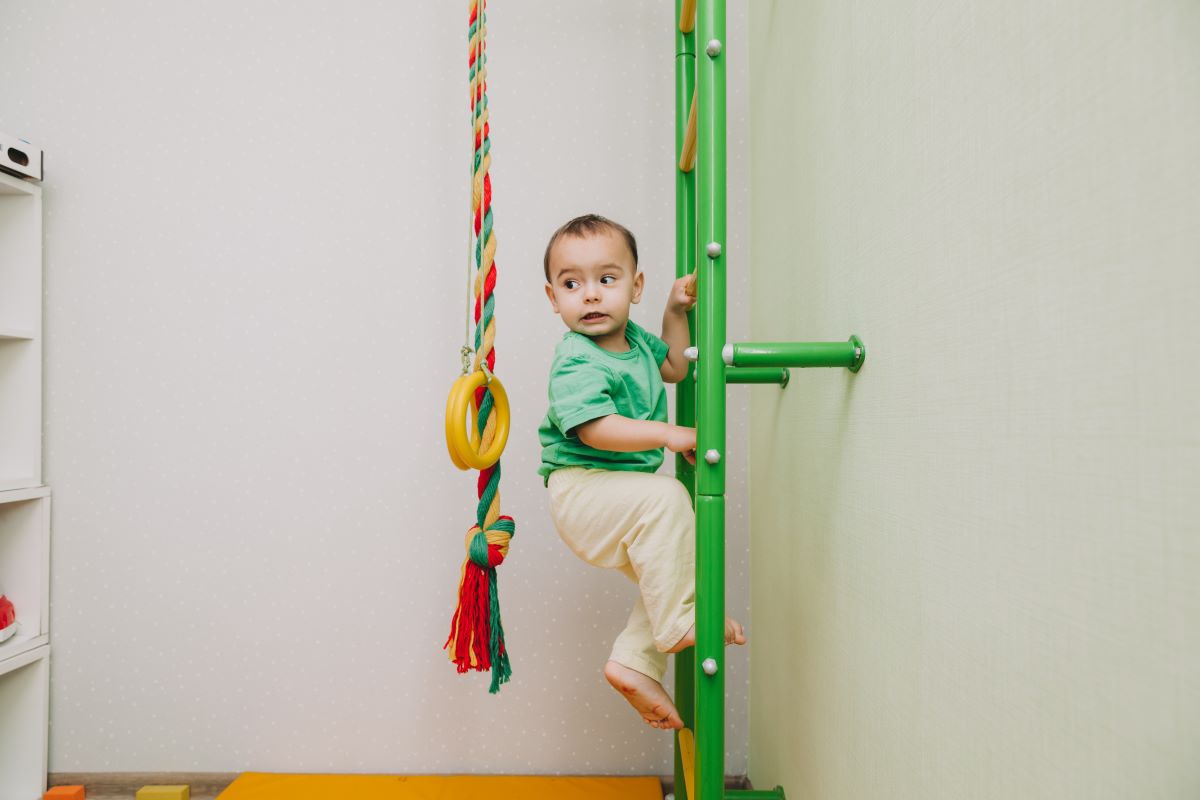
Physical Milestones for a 21 month old:
- Climbing on Furniture: Most toddlers will wish to climb the sofa or sit on some low piece of furniture.
- Scribbling with Crayons: Children at this age develop spatial skills. This engages the imagination and coordination of the hands and the eyes.
- Stacking Blocks: They can stack two or more blocks on top of each other, indicating they know how to balance objects.
Different Engaging Activities for a 21 Month Old
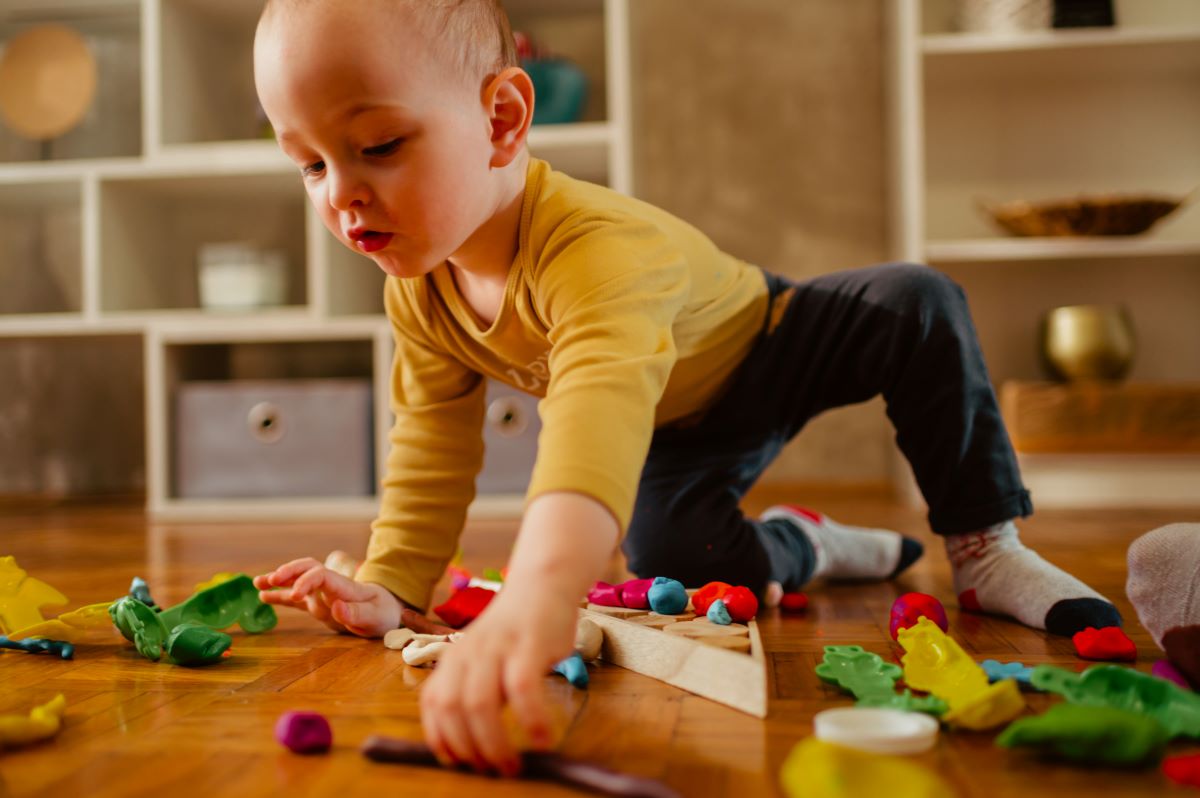
1. Pretend Play
It benefits toddlers in terms of raising their imaginative capacity and creativity. They can role-play with toys, which helps them with social interactions and role-shifting. Such activity further aids in language development as they describe their toys and the actions performed.2. Matching Letters
This activity involves a very engaging letter, picture, or object-based matching game. Including nursery rhymes enhances children's letter and sound recognition, furthering their reading. Furthermore, it can be played in larger numbers, making it less tiring and more social.3. Cardboard Box Colouring
Large cardboard boxes for colouring provide an outlet for imagination and adventure. Expression through art is possible at a very young age, as toddlers can use colours and shapes in their drawings. In this activity, toddlers will also develop fine motor skills when doing various markings with crayons.4. Planting Seeds
All young children should help plant seeds because it teaches them nature and responsibility. They can take part in digging, seeding, or even watering, which means understanding growth and waiting. Further, this activity helps to discuss the plants and the greenery.5. Stackable Cups
Stacking cups has increased eye-hand coordination and the fine motor skills necessary for cup handling. Toddlers can engage in solitary or cooperative play, fostering social skill development through group activities. It helps them try out the concepts of gravity and balance in a playful manner.6. Stomp Painting
Stomp painting is a fun movement activity in which children use their feet to paint on a piece of paint placed on paper. The child walks over the paint and stomps. Stomping helps children develop extensive muscle strength and is an avenue for self-expression. It also helps them have fun as they walk on the paint.7. Lid and Container Match
Finding and fitting the lids onto the appropriate container assists toddlers in refining their problem-solving strategies. They include tracing and matching activities that allow toddlers to see and handle various sizes and shapes while organising them. It also promotes self-help as they learn that this lid fits this container baby.8. Sorting Game
Sorting games will also help understand toddlers' taxonomy and cognitive development. For instance, they can group things according to colours or shapes or the sizes of the items, enhancing their critical thinking. This activity is likely to be made fun by including other children and keeping them busy sorting.Safety Tips for a 21 Month Old Baby
As your toddler is happy and more active, the child must be protected from potential danger. Given below are certain safety measures that you must follow:
Savings & Protection Options for Your Child
How to Support Baby’s Development at 21 Months?
1. Encourage Language Development
Daily interaction with your youngster is a good way to promote vocabulary building. Ask him to point to things, say those things, or even form one word, such as “mama”. Books, as well as songs, can as well facilitate language acquisition.2. Promote Physical Activity
They should be made to run, be helped to jump and be climbed to develop gross motor abilities. Outside play and simple activities, like ball kicking or wheeled doll pushing, should be encouraged for coordination improvement.3. Introduce Independent Play
Self-play is another suggestion for the child when there is a need to encourage creativity and enhance problem-solving. They are provided with simple toys such as blocks, puzzles, and stacking rings, which make them play and use their brains.4. Foster Social Skills
Encourage social interaction with other children, whether in playdates or group settings. Sharing toys, taking turns, and engaging in cooperative play help build essential social skills. These interactions promote empathy, communication, and understanding of boundaries.5. Provide Sensory Experiences
Engage your toddler in sensory activities like water play, sand, or finger painting. These experiences stimulate their senses and enhance cognitive and motor development. Sensory play helps them explore textures, colours, and shapes in a fun, hands-on way.6. Establish Daily Routines
By ensuring consistent daily activities, toddlers can be confident about their day and what they need to do. Physical activities include playing with toys, mealtime, napping, and bedtime to encourage your toddler’s healthy routines.7. Introduce Counting and Numbers
Make use of counting in even the smallest ones’ daily chores, for instance, how many toys, steps, or crisps are present. This aids the children in developing numeracy skills and enhances their number recognition. Use their creativity to get them interested in learning.8. Encourage Problem-Solving
Offer simple challenges like puzzles or shape-sorting games to enhance your toddler’s problem-solving abilities. Such activities foster brain development by enabling the children to solve problems and critically analyse situations.When to Talk to the Paediatrician?
Speech Delays:
If your little one seems to have a very capable vocabulary of not less than ten words and still can’t communicate well or vice versa, seems to be able to make that language but doesn’t make sense, you must be concerned about speech delay.Lack of Motor Skills Development:
If your toddler seems unable to walk without wobbling, can’t walk up or down the stairs, or is inhibited in his physical activities like running a medical appointment may be indicated.Social or Emotional Delays:
If your little one is not interested in playing with others or tends to be too quiet in social situations, there seem to be social or emotional challenges.Behavioural Problems:
The child seems to have frequent tantrums, is excessively scorned, doesn’t seem to be able to control himself and seems to need help with such behaviour; these may be some complaints worth giving attention to.Unusual Physical Symptoms:
Any persistent physical symptoms such as unexplained rashes, itching in various areas of the body, or unusual bowel movements should prompt a visit to the paediatrician.FAQs about 21 Month Developmental Milestones
What can you expect from 21 month old milestones?
What are the communication milestones for 21 months?
What should you be teaching a 21 month old?
How much should a 21 month old weigh?
Is there a developmental leap at 21 months?
What should a 21 month old be eating?
What is a 21 month old imagination?
What is a good bedtime for a 21 month old?
What is the attention span of a 21 month old?
Is there a growth spurt at 21 months?
Is babbling normal at 21 months?
What language milestones should I have by 21 months?
Should a 21-month-old be able to count?
What to teach my 21-month-old?
How much should a 21-month-old understand?
How many words does a 21-month-old know?
Important Articles about Infant Developmental Milestones




















